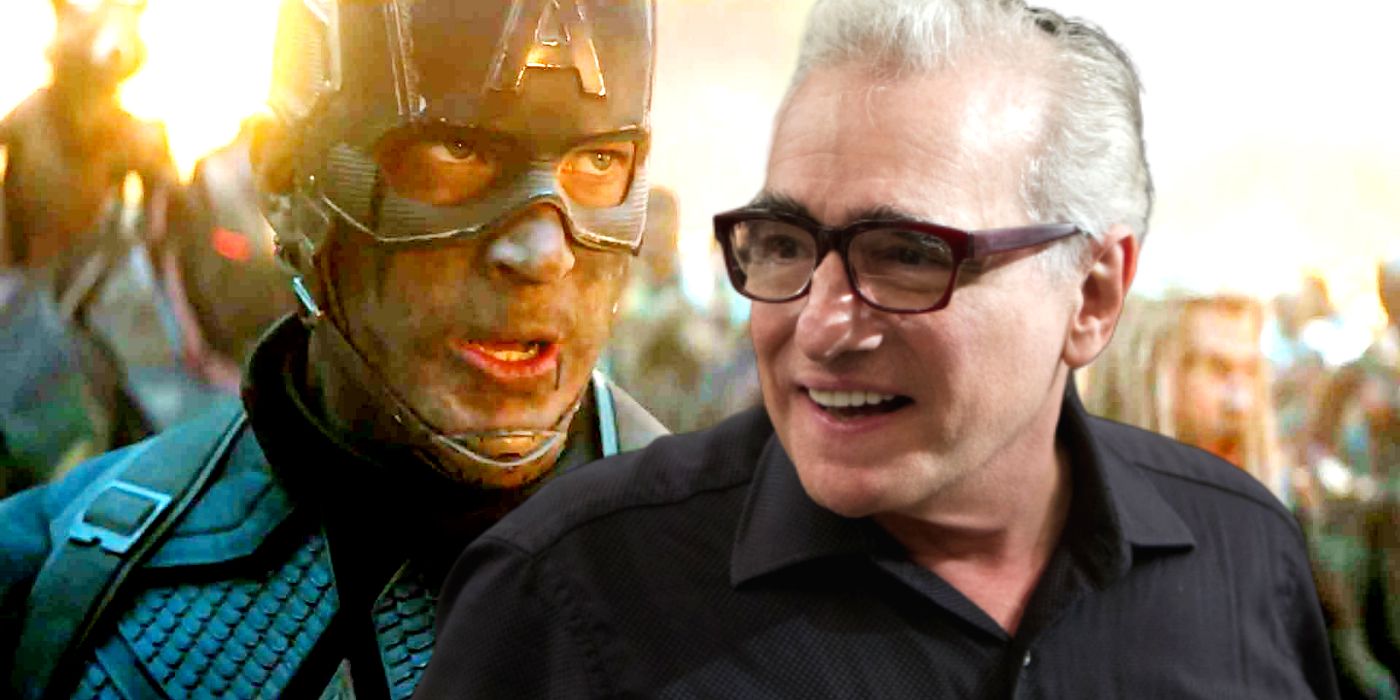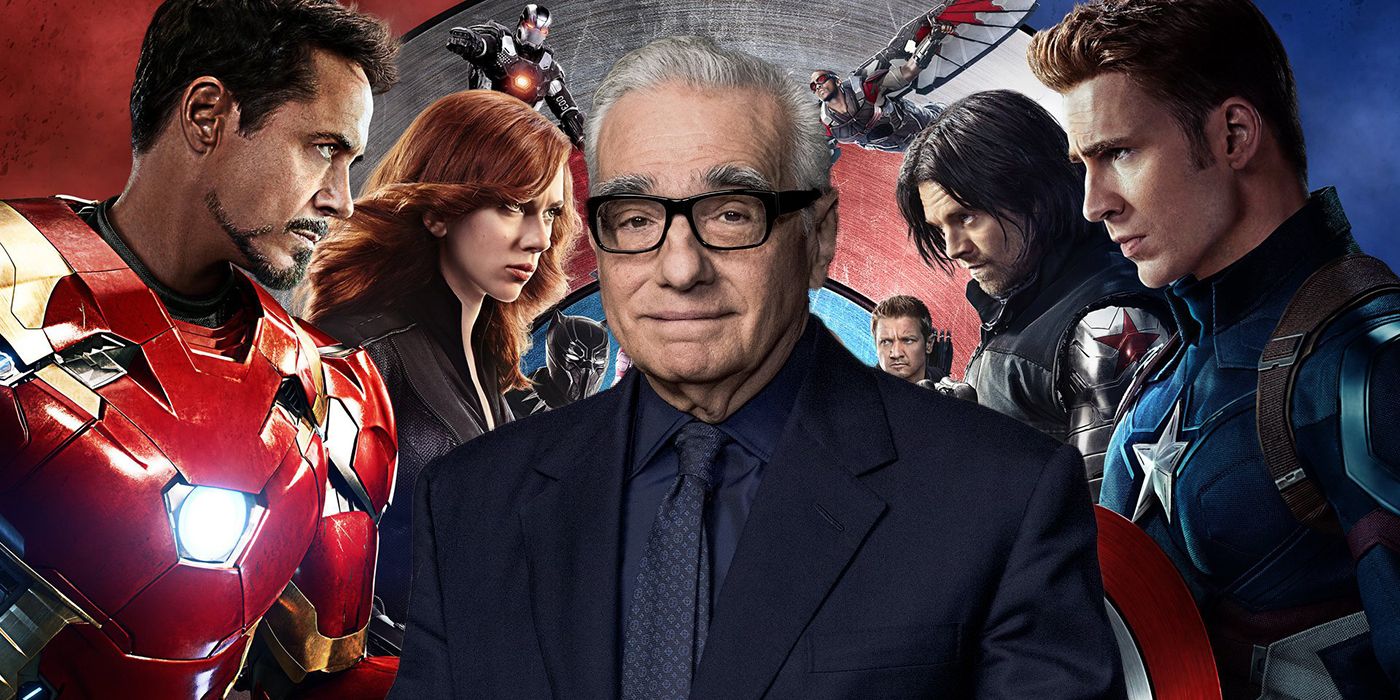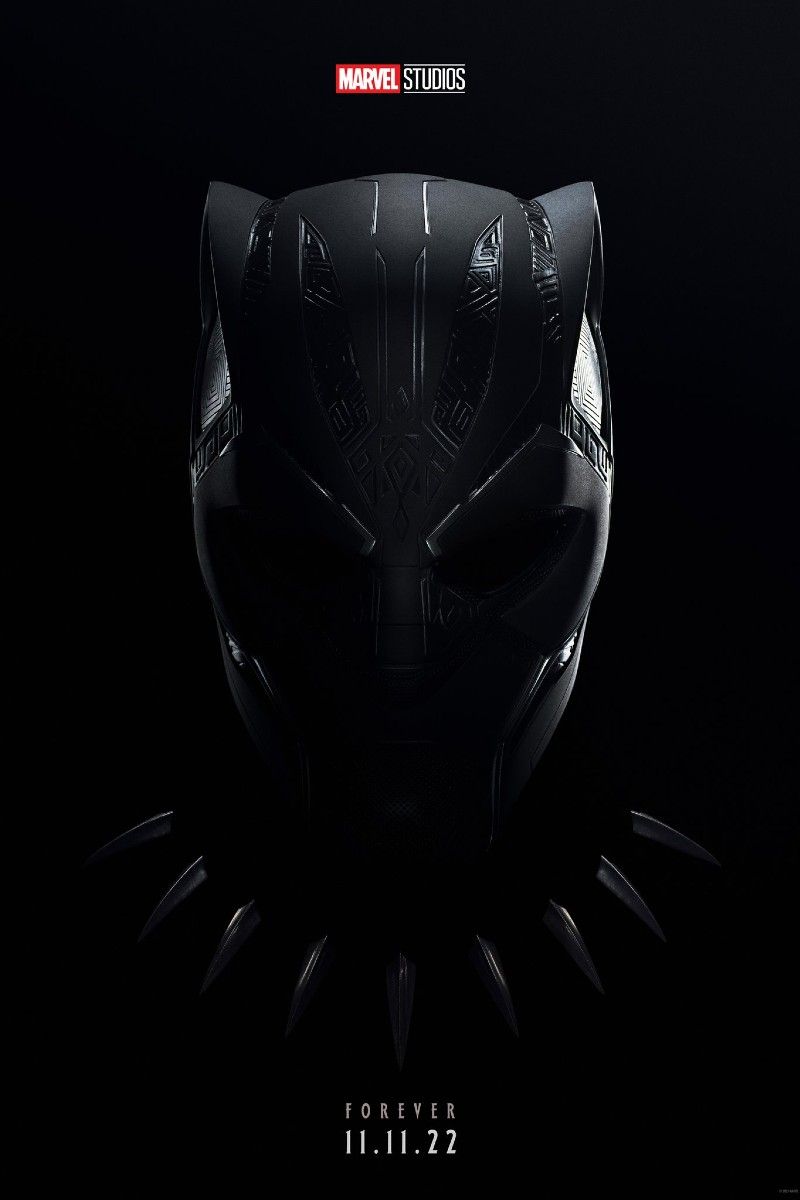Martin Scorsese fully explains his Marvel criticisms via an op-ed. It's been more than a month since The Irishman director made his controversial comments dubbing the MCU "not cinema." And yet, the conversation around it continues with notable people chiming in on the dialog. Prominent franchise figures such as Robert Downey Jr., James Gunn, Joss Whedon and Samuel L. Jackson have all shared their two cents, as well as Kevin Smith and Damon Lindelof over the last several weeks. All of them echo the same sentiments - they have nothing but admiration for Scorsese and his incredible body of work, but they respectfully disagree.
Fellow Italian-American filmmaker Francis Ford Coppola, on the other hand, backs Scorsese fully, even deeming the Marvel movies "despicable." Both directors have since then come out to clarify their respective statements. Coppola explained that he was mistranslated during his initial interview, and while he still shares the same thoughts as Scorsese, his wording wasn't as rude and crass as initially reported. Scorsese had given a couple more interviews since he made his original comments, but now, he aims for people to fully understand where he's coming from with a lengthy op-ed.
In a write-up published in The New York Times, Scorsese properly addresses the backlash from his MCU criticisms. Throughout his op-ed, he makes several points. He maintains that for him, "cinema was about revelation — aesthetic, emotional and spiritual revelation. It was about characters — the complexity of people and their contradictory and sometimes paradoxical natures, the way they can hurt one another and love one another and suddenly come face to face with themselves." And for him, he simply don't think that the Marvel movies don't encapsulate those criteria. He further drove his point by focusing on the films' formulaic format- something he said that the Alfred Hitchcock films were also criticized for back in the day. Things are different with modern film franchises as they are supposedly "market-researched, audience-tested, vetted, modified, revetted and remodified until they’re ready for consumption."
Towards the end of his piece, Scorsese explains why he can't simply let people around the world enjoy franchises like how a lot of people's initial reaction was when he admitted to not being a fan of the MCU. "If you’re going to tell me that it’s simply a matter of supply and demand and giving the people what they want, I’m going to disagree. It’s a chicken-and-egg issue. If people are given only one kind of thing and endlessly sold only one kind of thing, of course they’re going to want more of that one kind of thing," he said. The filmmaker also acknowledged the fact that he had just made a movie primarily going to be seen via Netflix, saying that while he's thankful for it, he doesn't "know a single filmmaker who doesn’t want to design films for the big screen, to be projected before audiences in theaters."
It's nice to have Scorsese have the platform to unpack what he truly meant when he expressed his MCU criticisms last month - not because he had some explaining to do, but just so people can understand the context of his comments. Since his initial comments came to light, a lot of people have jumped on the conversation without getting what the filmmaker truly meant - some of them haphazardly responded without knowing the director's whole point. As evidenced by his long op-ed wherein he made several points, he has a lot to say about the subject, and he simply wouldn't have been able to dive into them in any other oral forum.
Still, fans of the Marvel movies may not agree with Scorsese's comments about the franchise's films supposedly not dealing with human complexities. If anything, that's what they're known for considering that people around the world get so invested in these fictional characters because they do a great job grounding them. However, it's also difficult not to agree on his points about how franchises make it difficult for indie movies to get a fair shot in terms of the number of theaters it will screen or how long establishments will have them - something he knows about given The Irishman's release structure.
Source: The New York Times








